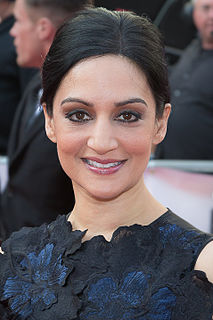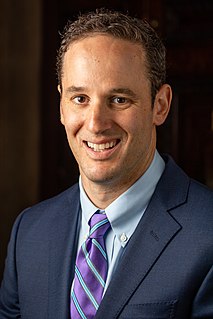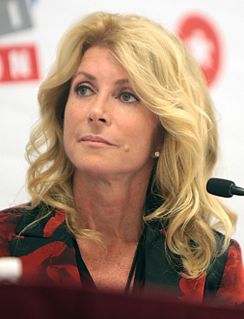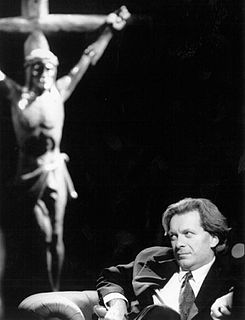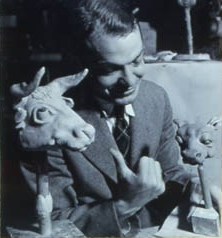A Quote by Neil Sedaka
Between 1958 and 1963, I sold about 40 million records - to the shock of my mother and father because I was always playing Beethoven. But I bought my mother a mink stole. She was very happy, and she said, 'I think this is better than Beethoven.'
Related Quotes
There was a television show called The Innocents of Hollywood. Brooke Shields is a friend of mine and she saw one of the introductions to it, and she called me and said, "I think you better check this out." And on this show they talked about parents who'd ripped off their kids. One of them said, "My mother stole $300,000 from me as a child." Well, my mother opened a bank account for me when I made $60 on my first day of work as an extra. She's that kind of mother. But god knows what people will say when this movie comes out.
My mother was being hounded by a debt collector over a debt that she didn't owe, and she eventually just paid it because she wanted the calls to stop. I was very surprised. It sounded so strange. I started poking around on the internet and found this was extremely common. There was this world where these debts were sold off by the banks for pennies on the dollar and bought and sold.
When I think about that kind of spirit, I think about my mother, who is standing here with me tonight. My mother is the embodiment of what it means to have a Texas spirit, because she wanted nothing more than for her children to have a better life than she had, to have an education beyond the ninth-grade education that she had, to live happier lives, more successful ones than she had been able to live. And you know what? She raised the daughter who ran for governor.
The idea of the book ["The Japanese Lover"] came in a conversation that I had with a friend walking in the streets of New York. We were talking about our mothers, and I was telling her how old my mother was, and she was telling me about her mother. Her mother was Jewish, and she said that she was in a retirement home and that she had had a friend for 40 years that was a Japanese gardener. This person had been very important in my friend's upbringing.
That came from my mother. She was the biggest influence on my life. I remember once refusing to get on a bus with her because she was wearing a mink, and I thought we should be taking a taxi. She just said, 'Who cares what people think?' and I remember sitting on that bus, being utterly embarrassed, but knowing somehow that she was totally correct.
A lot of people say that Eleanor Roosevelt wasn't a good mother. And there are two pieces to that story. One is, when they were very young, she was not a good mother. She was an unhappy mother. She was an unhappy wife. She had never known what it was to be a good mother. She didn't have a good mother of her own. And so there's a kind of parenting that doesn't happen.
I mean, her father was an alcoholic, and her mother was the suffering wife of a man who she could never predict what he would do, where he would be, who he would be. And it's sort of interesting because Eleanor Roosevelt never writes about her mother's agony. She only writes about her father's agony. But her whole life is dedicated to making it better for people in the kind of need and pain and anguish that her mother was in.


